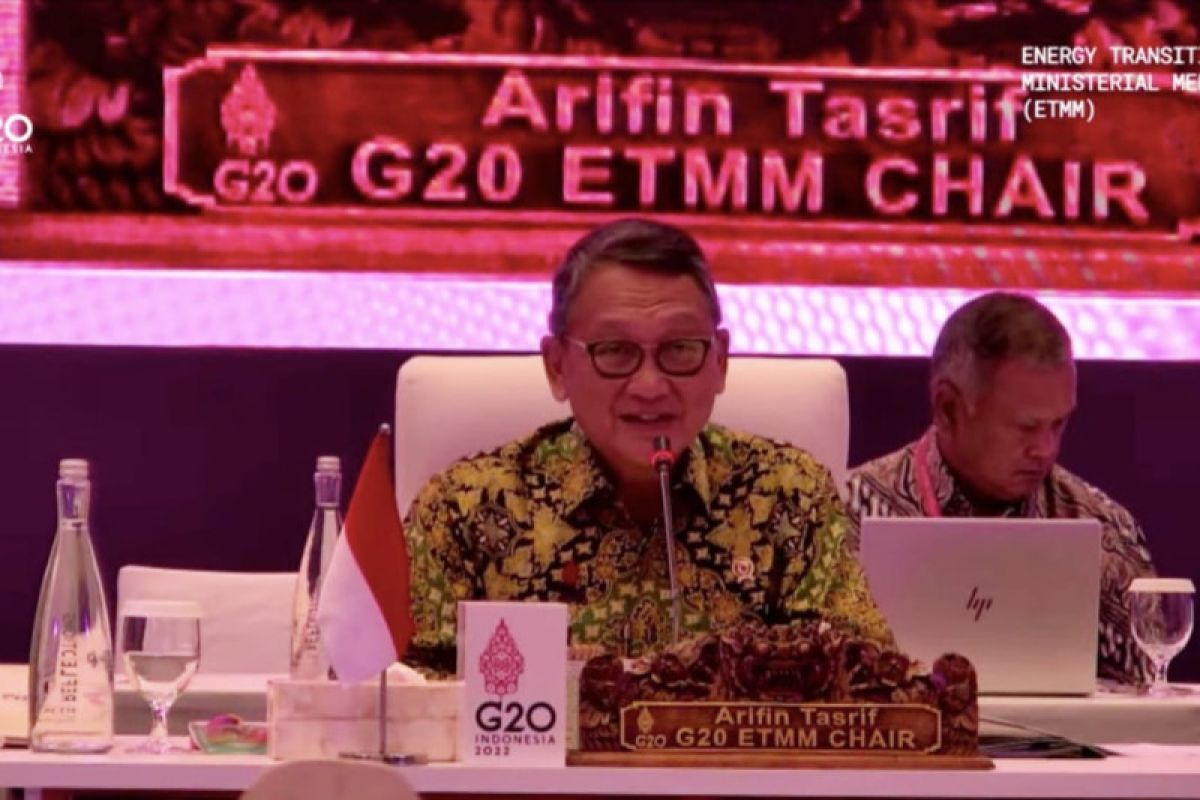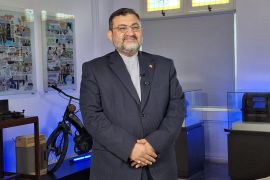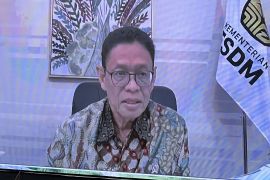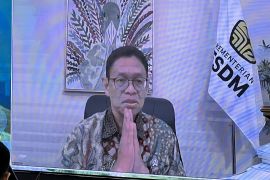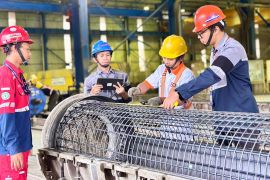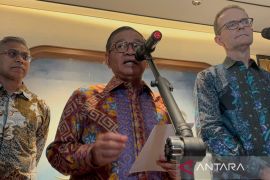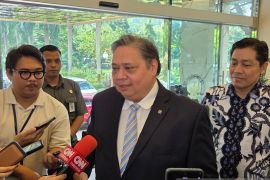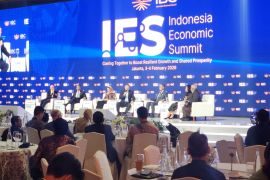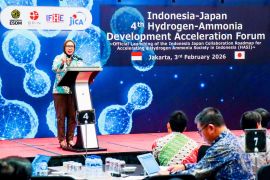Technology collaborations and solutions are crucial to decarbonizing the power sector and industryJakarta (ANTARA) - The Ministry of Energy and Mineral Resources, in cooperation with the International Energy Agency (IEA), launched a road map to Net Zero Emissions (NZE) by 2060 for the energy sector in Indonesia.
The cooperation between the ministry and IEA is a form of Indonesia's commitment as part of the global community to climate change mitigation actions.
"(I convey) My high appreciation to the IEA for the collaboration results in making the right mitigation action trajectory, not only in the electricity sector but also in the demand sector," Minister of Energy and Mineral Resources Arifin Tasrif stated at the launch of the NZE 2060 Road Map for Indonesia's Energy Sector while addressing participants of the G20 Energy Transitions Ministerial Meeting (ETMM) in Nusa Dua, Bali, on Friday.
Tasrif, in his statement here on Saturday, noted that the ministry and IEA had identified several mitigation actions, including the development of massive renewable energy, with focus on solar, hydro, and geothermal as well as the phase-down of coal-fired power plants (PLTUs).
Moreover, the actions include the use of low-emission technologies, such as the development of a super grid to improve connectivity and carbon, capture, utilization, and storage (CCS/CCUS), electric vehicle conversion, and the application of energy efficiency equipment for the industrial, transportation and construction sectors, and the use of new sources of energy, such as nuclear, hydrogen, and ammonia.
In addition, the government emphasized that the addition of power generation after 2030 will only come from new and renewable energy.
"Starting from 2035, it will be dominated by variable renewable energy (VRE), while nuclear power plants will enter the system in 2049," he further remarked.
Tasrif noted that technology and innovation are common challenges in realizing clean energy that is more accessible and affordable.
"Technology collaborations and solutions are crucial to decarbonizing the power sector and industry. We need to prioritize research, development, and application for next-generation technologies," he stressed.
The minister also acknowledged that international support and cooperation were deemed necessary.
"Everyone has access to participate in the development of green energy. Therefore, the availability and access to technology and financing must be wide open for all countries," he remarked.
Executive Director of the IEA Fatih Birol noted that Indonesia needs to ensure policy reformation to open a way for the transition to renewable energy and reduce dependence on coal.
"Indonesia has the opportunity to show the world that for a country that relies heavily on the export of fossil fuels, the road to net zero emissions is not only feasible but also provides benefits," Birol remarked.
Related news: Bali Compact summarizes approach to achieve net zero emissions: Tasrif
Related news: Carbon tax bolsters efforts to lower GHG emissions: BRIN
Related news: FEELM commits to net-zero carbon emissions by 2050
Translator: Kelik Dewanto, Raka Adji
Editor: Sri Haryati
Copyright © ANTARA 2022
